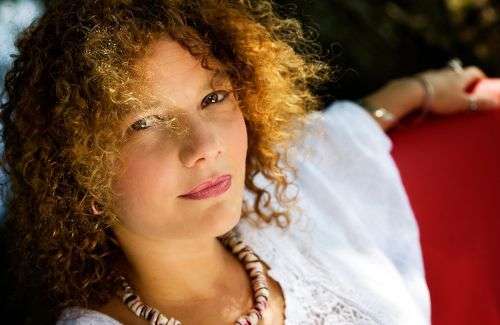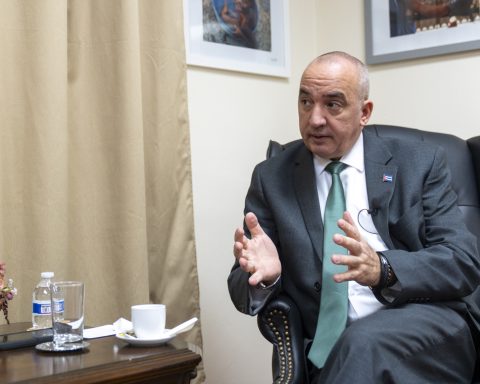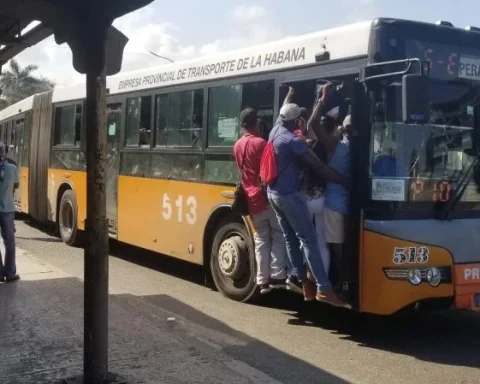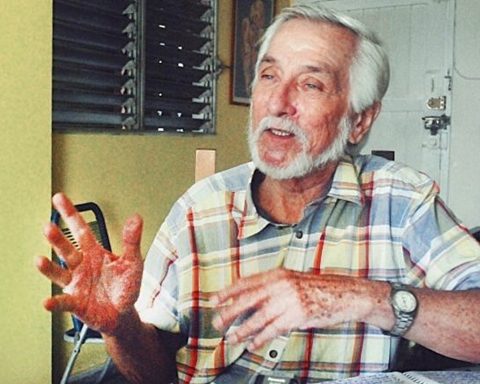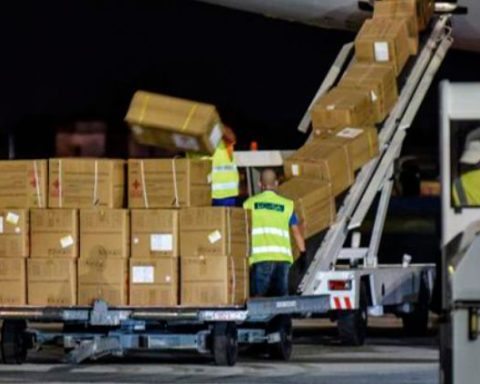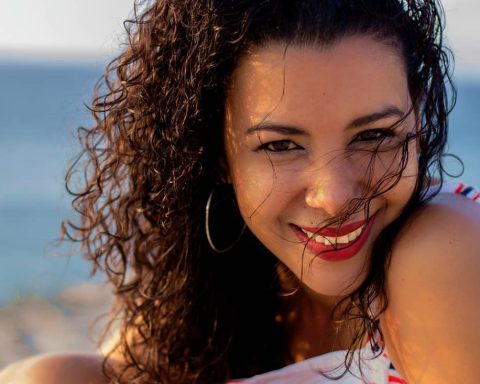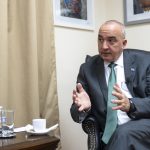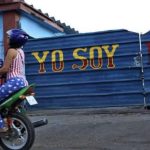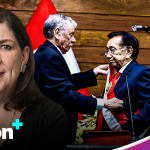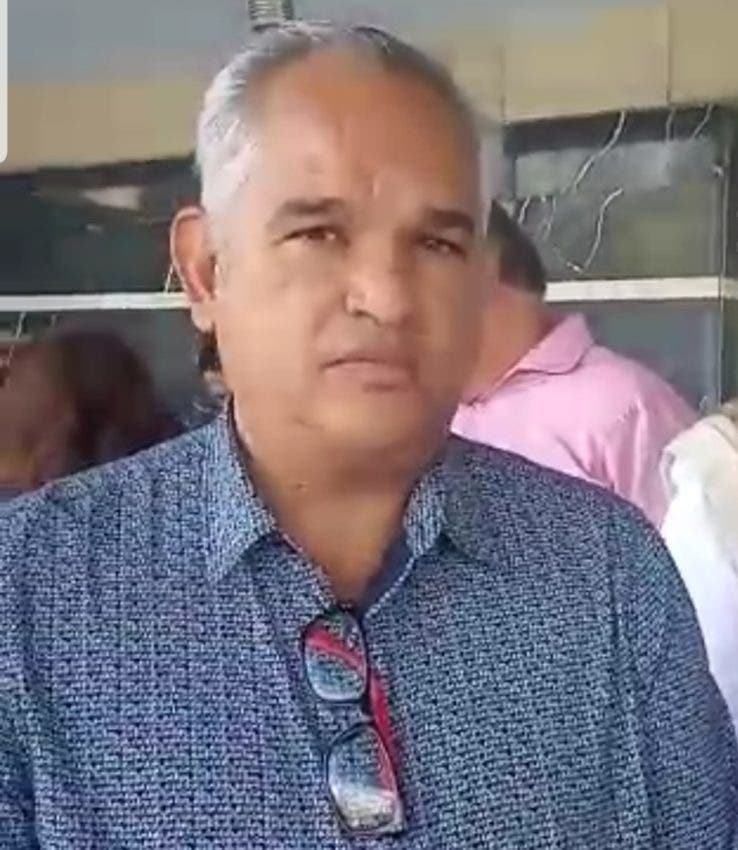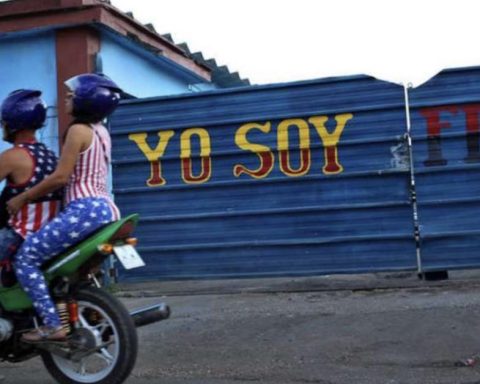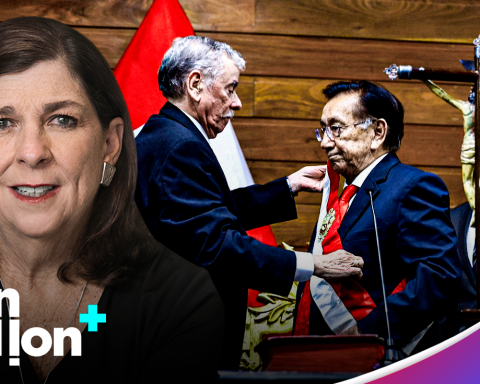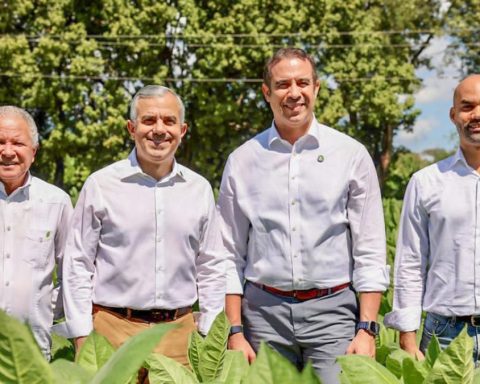Cuban writer Karla Suárez confesses in an interview with the Efe agency that to write about painful or historical events that marked her on her native island, she needed “distance to see them as the story that happened to others.”
The emigrationthe crisis of the 1990s and the Cuban participation in the war in Angola are some of those issues that Suárez addressed, but years later, in four novels that the author calls “Habanera symphony”.
“After I digested many experiences and walked away, then I went back to rebuild everything that I had in my memory,” he explains during a break from the International Congress of Writers that is being held these days in the city of Caguas, Puerto Rico.
The winner of the Julio Cortázar Ibero-American Short Story Prize in 2019, who currently resides in Lisbon, left Cuba in 1998 and it was not until a year later that she wrote her first novel: silenceswhich won the Lengua de Rag award.
«To talk about certain things I needed distance. For example, the war of angola it was officially ended for Cubans in 1991; I could have written before that war, but it was very close », he comments.
That war, which marked his generation and that of his parents, is the thread of his novel the hero’s son (2017). For Suárez it was “important” to address this issue but already “with that coldness that allows writing about things that hurt.”
«It happens that many historical events that mark us, first you don’t want to write about that because when you write you come back, you feel again and you are still very emotionally involved. So they were things that I didn’t want to talk about when I lived there », he says.
When she lived in Havana and began writing, Suárez wrote stories that “could happen anywhere and had nothing to do” with what she was experiencing, with her daily life.
«While one is living a moment or is emotionally close to a sensation, it is more difficult to talk about it. When something hurts you too much, you can’t talk about it,” stresses the author of Havana year zero and The traveller.
In his opinion, “you cannot write while crying, you can write to provoke tears” and, therefore, “that saving distance that allows you to see clearly” is necessary.
For this reason, she takes notes in those moments, an act of catharsis that she describes as “giving birth to the idea” and keeps them as “material” to polish in the future.
“Once it’s digested, I rework it and then I approach that pain from a distance, from another place (…) to have perspective,” says the also professor of creative writing at the Madrid School of Writers.
After treating the recent history of Cuba in his “Habanera symphony”, whose novels are independent, but have echoes of one in others, Suárez is now going to change the third, although without totally disassociating himself from his native island.
“The protagonist is Cuban, but she lives abroad and although Cuba leaves, it is not directly linked to the history of that moment,” he explains about his next novel, of which out of superstition he does not want to advance details since he is “about to write the end”.
So far, his books have been published in Cuba Foam (Cuban Letters, 1999), silences (Cuban Letters, 2008), float for actors (UNION Editions, 2011) and Havana year zero (UNION Editions, 2016).
Since 2007 her name has been loud after being selected among the 39 most representative young writers in Latin America by the Hay Festival in Bogotá.
Asked about how censorship on the island affects Cuban writers, especially those who reside there, she said: “Writers, or at least the ones I know, start from non-censorship, they write and the text has to come out , and if it is published later or not, that is already a second phase, or if it is published elsewhere, “he points out.
“At the time of writing and creation, one should not limit oneself by thinking that they are not going to publish it for me,” he concludes.
